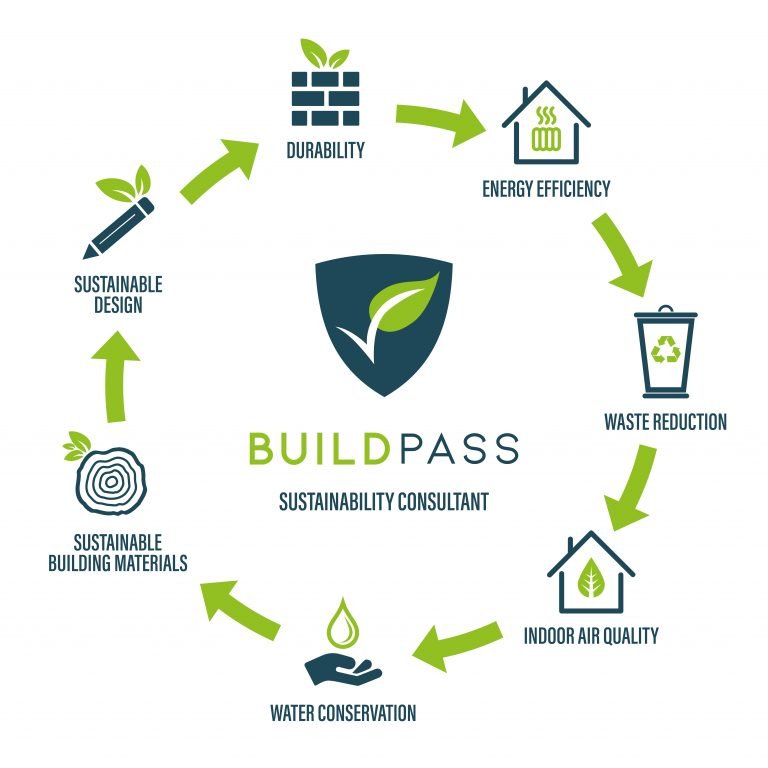The Ethics Of Sustainable Materials In Civil Engineering

Are you looking to build your dream home? Or maybe you're a contractor looking for sustainable construction ideas. Whatever your reason, sustainable construction is becoming increasingly important in the world we live in today. Sustainable construction reduces our carbon footprint and ensures that we protect and preserve the environment for future generations.
If you're wondering what sustainable construction is, it's a construction process that aims to minimize the negative impact of the construction industry on the environment, while also taking into account the well-being of the occupants of the building and the requirements of the construction process itself.
Here are eight principles of sustainable construction that you should keep in mind:
- Energy efficiency
- Water conservation
- Minimal waste generation
- Green materials
- Indoor air quality
- Site selection
- Construction waste management
- Environmental protection during construction
FAQs
What is energy efficiency in construction?
Energy efficiency refers to the use of energy-efficient materials in the construction process, as well as the design of the building that minimizes the amount of energy needed to heat and cool it. This reduces the demand for energy, leading to lower energy bills and a smaller carbon footprint.
How can I conserve water during construction?
You can conserve water during construction by reducing the amount of water used in the construction process. This can be done by using low-flow plumbing fixtures, capturing rainwater for reuse, and installing drought-tolerant landscaping.
What are green materials?
Green materials are materials that are sustainable, non-toxic, and have minimal impact on the environment. They can be made from renewable resources, such as bamboo or cork, or can be recycled materials, such as reclaimed wood or recycled plastic.
What is indoor air quality?
Indoor air quality refers to the quality of the air inside a building. Good indoor air quality is important for the health and well-being of the occupants of the building. This can be achieved by using materials that are low in VOCs (volatile organic compounds), such as low-VOC paint and flooring, and providing adequate ventilation.
How important is site selection?
Site selection is very important in sustainable construction because it can have a large impact on the environment. By choosing a site that is close to public transportation, for example, the need for cars can be reduced, leading to less air pollution and less traffic congestion.
How do I manage construction waste?
You can manage construction waste by recycling and reusing materials, reducing the amount of waste generated, and properly disposing of waste. This can be done by separating materials on site and ensuring that they are disposed of in an environmentally friendly way.
How do I protect the environment during construction?
You can protect the environment during construction by using erosion control measures, minimizing soil disturbance, and properly disposing of hazardous materials. This will help to ensure that the environment remains healthy and intact.
Sustainable construction is an important part of creating a better world for ourselves and future generations. By following these principles and taking steps to reduce our impact on the environment, we can make a positive difference in the world around us.
So, whether you're a homeowner or a contractor, be sure to keep sustainable construction in mind for your next project.


Post a Comment for "The Ethics Of Sustainable Materials In Civil Engineering"